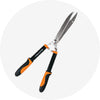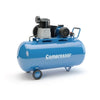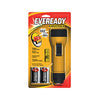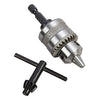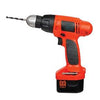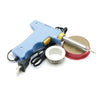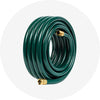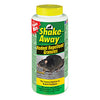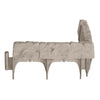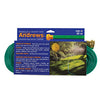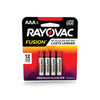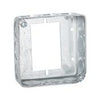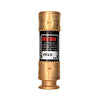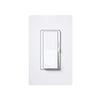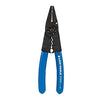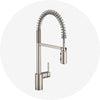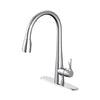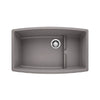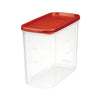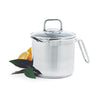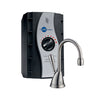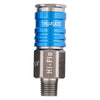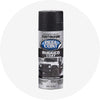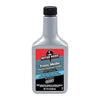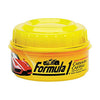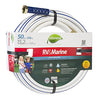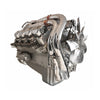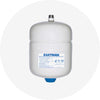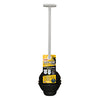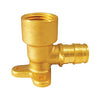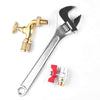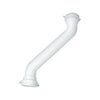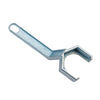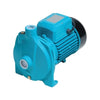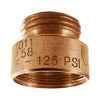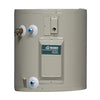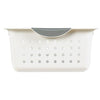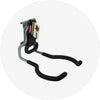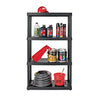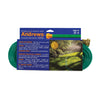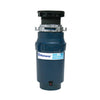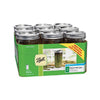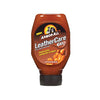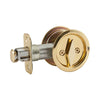5 maintenance tips to keep your classic car in perfect condition
∙ min read

Classic cars are not just treasures from the past; they are also investments and passions for many owners. Keeping them in top condition requires special care to ensure proper performance and preserve their value over time.
Here are five essential tips to keep your classic car running smoothly.
Change the oil regularly
Engine oil is crucial for keeping internal parts lubricated and reducing friction. Unlike modern vehicles, classic cars may require specific oils with additional additives. Changing the oil every 3,000 to 5,000 miles or at least once a year is recommended, even if the vehicle is not used frequently.
Be sure to use high-quality oil and a suitable filter to extend engine life and prevent residue buildup that could affect performance.
Use lead substitute to protect the engine
Many classic cars were designed to run on leaded gasoline, which protected the exhaust valves and valve seats. Since lead has been removed from modern fuels, it is essential to use a lead substitute to prevent premature engine wear.
Products like Motor Medic lead substitutes help maintain engine integrity and ensure optimal performance, allowing you to enjoy your classic car for many years.
Inspect the cooling system
The cooling system plays a crucial role in preventing engine overheating. Regularly check the radiator, hoses, and thermostat to avoid leaks and ensure proper coolant flow.
Additionally, it is recommended to change the coolant every two years to prevent internal corrosion and guarantee efficient engine cooling, especially in hot climates or if the vehicle remains inactive for long periods.
Maintain the Brakes and Tires
Brakes and tires are essential safety components, and in classic cars, they require special attention. Regularly check the condition of the brake pads, discs, and drums to ensure they function correctly.
Similarly, tires can deteriorate over time, even if the car is not driven frequently. Inspect tire pressure and tread wear regularly, and consider replacing them if they show signs of aging or damage.
Store Your Car Properly

If you don’t use your classic car daily, storing it in a proper environment to protect it from humidity, dust, and extreme temperature changes is essential. A well-ventilated garage and a protective cover will help preserve the paint and mechanical components.
Additionally, it is recommended to disconnect the battery if the car remains inactive for long periods and add a fuel stabilizer to prevent residue buildup in the fuel system.
Enjoy your classic car for years to come with these tips
Proper maintenance is key to preserving the beauty and functionality of a classic car. By following these tips, you can ensure your vehicle remains in perfect condition and continues to provide unforgettable moments on the road.
Complementing maintenance with high-quality products and essential accessories can make a significant difference. Explore our car accessories and essentials selection to find everything you need to take care of your classic car the way it deserves.
Frequently asked questions
Why do classic cars need lead substitutes in unleaded gasoline?
Classic car engines were designed to run on leaded gasoline, which acted as a lubricant for the valves and valve seats. Without this additive, valves may wear out faster due to increased friction and temperature.
How does using a lead substitute help prevent engine damage?
A lead substitute creates a protective layer on the valves and valve seats, reducing friction and preventing premature wear. This helps extend engine life and maintain optimal performance.
What are the signs that your classic car might need a lead substitute?
If you notice power loss, engine knocking, overheating, or accelerated valve wear, it could be a sign that your car needs a lead substitute to compensate for the lack of leaded additives in modern gasoline.
How do you properly use a lead substitute in the fuel system?
It is recommended to add the manufacturer’s specified amount with each fuel refill. Generally, only a small amount per gallon of gasoline is needed to ensure proper engine protection.
Can a lead substitute improve performance in older engines?
Yes, by reducing friction and maintaining engine integrity, a lead substitute can enhance performance, allowing the engine to run more efficiently with less wear.
Are lead substitutes compatible with all fuel systems?
Most lead substitutes are designed to be compatible with older fuel systems, but it is recommended to check the product specifications to ensure it is suitable for your engine type.
